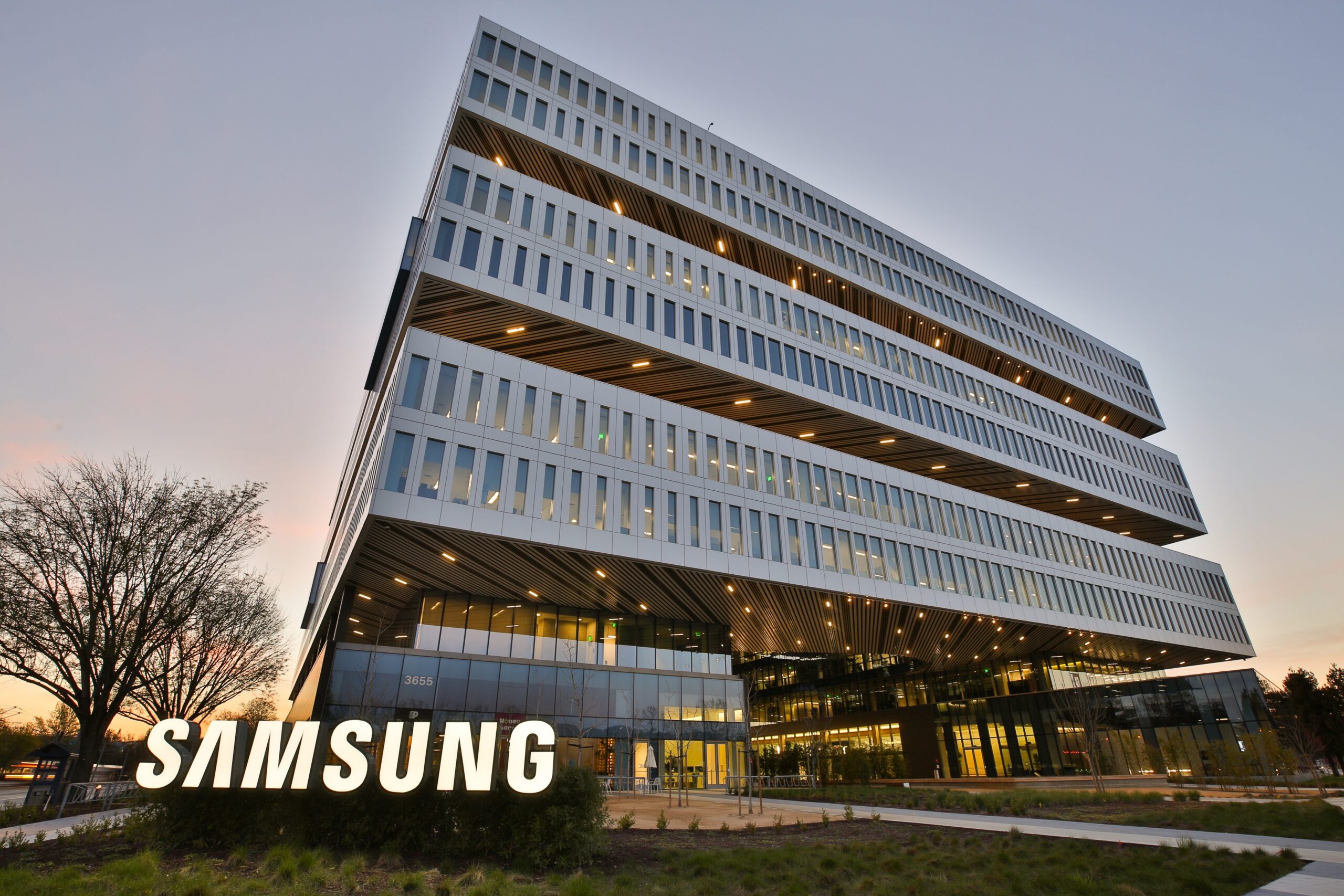Samsung Electronics has secured a landmark $16.5 billion agreement to produce AI semiconductors for Tesla, with the contract running from July 26, 2025, through December 31, 2033. This deal represents one of the largest foundry contracts in recent history and marks a significant strategic win for Samsung’s struggling foundry division.
Financial Terms
- Contract Value: $16.5 billion (22.8 trillion Korean won)
- Duration: July 26, 2025 to December 31, 2033 (8.4 years)
- Potential Growth: Elon Musk has indicated the deal size will end up being much more than $16.5 billion
Confirmation and Timeline
- Elon Musk officially confirmed Tesla as the counterparty after Samsung initially announced the deal without naming the client
- Samsung announced the agreement in a regulatory filing on Monday, citing confidentiality agreements for initially withholding the client’s identity
Technical Specifications
AI6 Chip Details
- Product: Tesla’s next-generation AI6 chip for Full Self-Driving applications
- Manufacturing Process: 2-nanometer chip process technology
- Comparison: The AI6 chip adopts 2nm technology, while Tesla’s current AI5 chip manufactured by TSMC uses 3nm technology
- Applications: The AI6 will be used in Tesla cars and Optimus humanoid robots
- Scalability: Tesla’s AI6 chip is designed to be scalable — small enough for use in humanoid robots and self-driving cars but powerful enough for artificial intelligence data centers
Production Volume Estimates
- Conservative estimates suggest at least 16 million chips, potentially exceeding 32 million units over the contract period
Manufacturing Location
Production Facility
- Location: Samsung’s Texas foundry facility in Taylor
- Strategic Importance: This marks a significant domestic production arrangement for Tesla’s critical AI components
Market Impact and Strategic Significance
For Samsung
- Foundry Division Boost: This deal marks a major win for Samsung’s underperforming foundry division
- Competitive Position: The announcement comes after Samsung acknowledged last year that it had fallen behind in the AI chips war
- Revenue Impact: The deal may increase Samsung’s foundry sales by 10% annually
Technology Advancement
- Process Technology: Samsung’s 2nm process offers a 10-15% performance increase or 20-30% power reduction compared to its 3nm process
- Production Timeline: Samsung’s 2nm production is set to officially begin in the first half of 2026
For Tesla
- Supply Chain Diversification: This deal reduces Tesla’s dependence on TSMC for advanced chip manufacturing
- Strategic Control: Direct partnership with Samsung provides Tesla greater control over its AI chip supply chain
- Technology Leadership: Access to cutting-edge 2nm process technology for next-generation autonomous driving capabilities
Production Timeline and Challenges
Implementation Schedule
- The full cycle from design and tape-out to mass production will take at least 1 to 2 years
- This means the short-term revenue impact for Samsung will be limited initially
Technical Considerations
- The transition from 3nm (AI5) to 2nm (AI6) represents a significant technological leap
- Manufacturing at Samsung’s Texas facility aligns with Tesla’s preference for domestic production
Market Reaction
Stock Performance
- Both Samsung and Tesla shares have seen positive market reaction following the announcement
- The deal provides confidence in Samsung’s foundry capabilities and Tesla’s AI chip strategy
Industry Implications
Foundry Market Dynamics
- This deal intensifies competition between Samsung and TSMC in the advanced foundry market
- Demonstrates the growing importance of AI chip manufacturing partnerships
- Highlights the strategic value of advanced process nodes (2nm) for AI applications
Autonomous Vehicle Industry
- Reinforces the critical importance of advanced AI chips for autonomous driving development
- Shows Tesla’s commitment to maintaining technological leadership in FSD capabilities
- Indicates the scale of investment required for next-generation autonomous systems
Future Outlook
Growth Potential
- The deal structure allows for potential expansion beyond the initial $16.5 billion commitment
- Success could lead to additional partnerships between Samsung and Tesla
- May establish a template for other major AI chip manufacturing agreements
Strategic Implications
- Strengthens Samsung’s position in the AI chip foundry market
- Provides Tesla with a reliable supply chain for critical AI components
- Demonstrates the increasing convergence of automotive and semiconductor industries
The Samsung-Tesla $16.5 billion AI chip agreement represents a transformative deal for both companies and the broader semiconductor industry. For Samsung, it provides a crucial opportunity to revitalize its foundry division and compete more effectively with TSMC. For Tesla, it ensures access to cutting-edge 2nm technology for its next-generation AI6 chips while diversifying its supply chain.
The deal’s scale, duration, and strategic importance underscore the critical role of advanced semiconductors in the future of autonomous vehicles and AI applications. As both companies work toward full implementation over the coming years, this partnership could reshape competitive dynamics in both the foundry and automotive industries.




